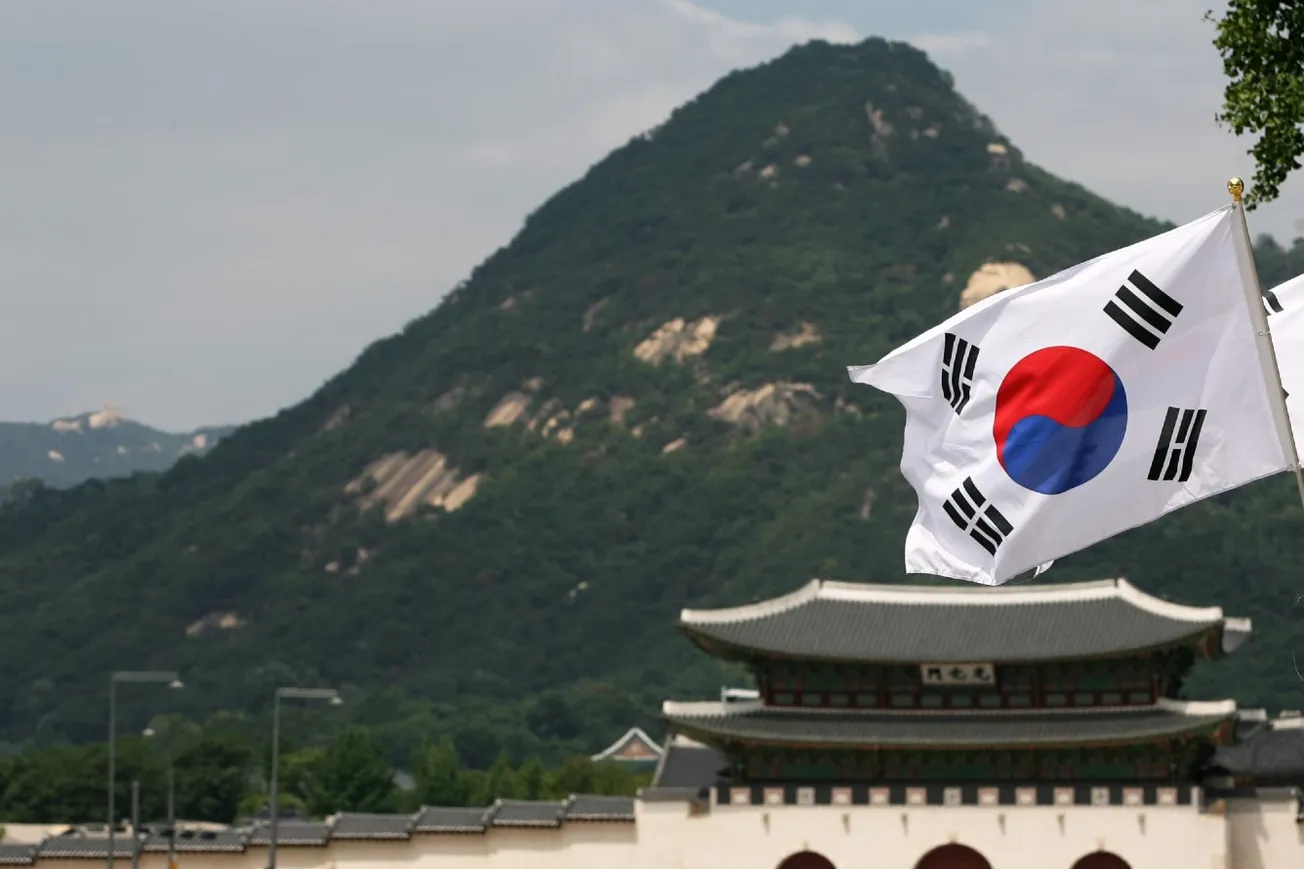By Gyeonghoon Kim via Mises Wire | February 11, 2025
On December 3, 2024, South Korean President Yoon Suk-yeol declared martial law, accusing the Democratic Party—South Korea’s majority party in the National Assembly—of being “anti-statist” and “collaborating with North Korean communists to destroy the country.” Yoon deployed airborne troops to neutralize the National Assembly and the National Election Commission, attempting to consolidate power by establishing an emergency legislative body to replace the Assembly. While the Democratic Party of Korea has faced criticism for nefarious anti-free market legislative practices, Yoon’s illegal coup d’état was a shocking political disaster, unimaginable in a developed country.
Fast forward to January 15, 2025: Yoon became the world’s first sitting head of state to be arrested by his own investigative agency. Accused of treason, Yoon now faces impeachment and the possibility of life imprisonment—or even the death penalty—if convicted. His political party—People Power—risks dissolution for its complicity in his attempted coup.
This extraordinary event underscores the fragility of parliamentary democracy and the risks inherent in presidential systems. Yet for libertarians, it holds a particularly ironic twist: Yoon professed admiration for the Austrian School of economics and Ludwig von Mises, extolling the virtues of liberty and the free market. His justification for the coup was, ostensibly, the defense of liberty against a Democratic Party he accused of undermining it. However, Yoon’s policies during his tenure were anything but libertarian. Far from adhering to the strict laissez-faire principles of Mises, his actions failed even to align with the moderate and compromise classical liberal traditions of Milton Friedman or Friedrich Hayek.
The Perils of Beltway Libertarianism
Across the globe, Beltway libertarians often seek influence by aligning themselves with mainstream conservative parties. But, as thinkers like Murray Rothbard and Lew Rockwell have argued, this strategy often leads to a betrayal of libertarian principles, compromising private property rights and free markets. The South Korean experience exemplifies these dangers in a particularly stark way, shaped by the unique dynamics of the country’s political landscape.
In South Korea, Beltway libertarians have allied with conservative forces, rooted in the legacy of authoritarian military regimes that once championed Stalin-style, state-led developmentalism. These libertarians have gone so far as to rehabilitate figures like Syngman Rhee, Park Chung-hee, and Chun Doo-hwan—leaders whose economic policies were interventionist and anti-market. They have provided ideological cover for authoritarian conservatives, even advocating policies antithetical to liberty.
Perhaps the most egregious example was their campaign to nationalize the publishing of history textbooks for public schools, arguing that the market for such textbooks had experienced a “market failure.” Some Beltway libertarians went so far as to claim that Ludwig von Mises himself would have supported such intervention. This misrepresentation of Mises’s ideas has distorted his legacy in South Korea, portraying him as an advocate of state-led developmental dictatorship rather than a proponent of free markets and individual liberty.
The logical endpoint of this distortion was the rise of a self-proclaimed “libertarian” leader who justified a military coup in the name of defending liberty—a tragic irony for libertarians.
The Consequences for South Korean Politics
The fallout from Yoon’s coup will likely shift South Korea’s political landscape dramatically. In a two-party system like South Korea’s, mainstream conservative parties often serve as a counterbalance to left-leaning forces, providing at least a nominal defense of market-oriented policies. But with the conservative movement now in disarray, the political left is poised to dominate for the foreseeable future.
This shift comes at a precarious time for South Korea, as the country grapples with declining birth rates, sluggish economic growth, and broader societal challenges. Without a credible market-oriented alternative, South Korea may find itself on an irreversible trajectory of decline.
The solution lies in a return to genuine libertarian principles, as articulated by Ludwig von Mises, Murray Rothbard, and Hans-Hermann Hoppe. Yet the prospects for such a revival are dim. The Beltway libertarians’ distortion of Austrian economics has tarnished the libertarian brand in South Korea, equating it with the failed and authoritarian policies of the conservative establishment. Public perception now associates libertarianism with the excesses of a disgraced regime, making its acceptance even less likely.
Lessons for Libertarians Worldwide
The Korean experience serves as a stark reminder of the perils of compromise. Rothbard and Mises consistently warned against alliances with vested interests that erode core libertarian values. The Korean crisis illustrates that even a single step away from private property rights and free markets can lead to catastrophic outcomes. While political contexts vary across nations, the principle remains universal: liberty cannot thrive where principles are sacrificed for expedience.
As libertarians reflect on this case, the message is clear: the path to freedom lies not in compromise but in steadfast adherence to the ideals of individual liberty, private property, and free markets. Anything less risks undermining the very foundations of liberty itself.
Gyeonghoon Kim is a graduate student at Seoul National University, specializing in the philosophy of science. His research focuses on the epistemology and methodology of Economics, viewed through the lens of the philosophy of science—one of the most empiricist branches of analytic philosophy.
Original article link








